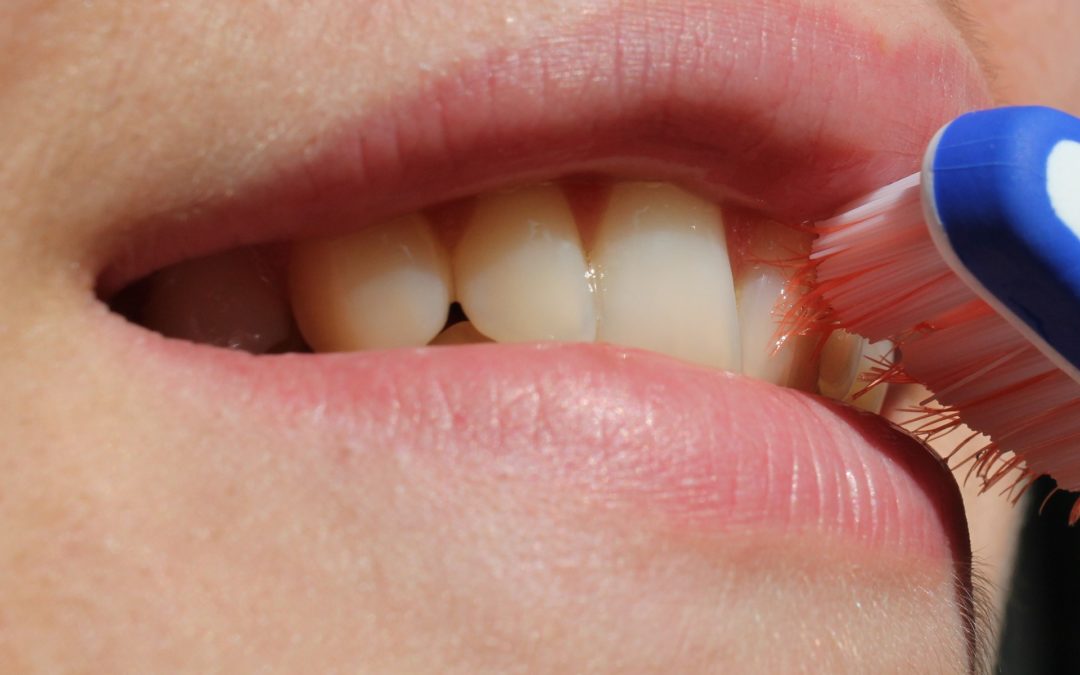Tooth and gum pain can be one of the most painful experiences a person can endure and not all remedies will help each person as every person is different. Whether caused by a cavity, infection, a loose tooth or a combination thereof, tooth pain can be debilitating even to the most robust of individuals. Aside from extraction, a root canal, or topical pain-killing ointments available in the pharmacy, several technologies are often successful in reducing tooth pain.
The oral cavity is a breeding ground for harmful bacteria—which produce inflammation. Chronic inflammation of the gums and bones supporting the teeth has been linked to a number of systemic diseases including heart disease, arthritis, and cancer. The following natural remedies help prevent and treat gum, bone, and tooth problems.
Peri-Gum®
One product that’s effective in treating gum disease is Peri-Gum, an herbal mouthwash combining the seven herbs bayberry, bloodroot, cayenne, echinacea, peppermint oil, tea tree oil, and white oak bark. Many users have found this product so effetive they’ve been able to avoid gum surgery. Also, some have experienced a reversal of infection-induced bone loss. In a four-week pilot study conducted by a major northeastern university, Peri-Gum was found to significantly improve gum and oral health with a 20% reduction in gingival inflammation and a 16% reduction in plaque. Peri-Gum is marketed as a concentrate, with a one-ounce bottle making about 90-ounces of mouthwash. To place an order visit www.peri-gum.com.
Fizz & Clean®
When it’s inconvenient to brush after a meal, Fizz & Clean tablets produce a bubbling action that dislodges food particles from around the teeth. It has been shown to whiten the teeth and reduce plaque, decay-causing bacteria, cavities, and bad breath as well. Its manufacturer, OraHealth Laboratories, calls the product “a toothbrush in a tablet.” For more information, visit www.fizzandclean.com.
Coenzyme Q10
Periodontal (gum) disease is associated with low levels of CoQ10. Even in the most severe cases of periodontal disease, increasing its intake through oral supplementation can produce dramatic benefits. Topical application of CoQ10 has been found to be a very effective treatment of periodontal disease. Q-Sorb® by Jarrow Formulas provides a highly-absorbable form of Q10. Ubiquinol, the reduced and even more bioavailable form, is perhaps the most effective form of Q10. Other beneficial aspects of CoQ10 are discussed in more detail in the section on Cardiovascular Disease in The Encyclopedia of Medical Breakthroughs.
Hydrogen Peroxide
Swishing briefly with hydrogen peroxide prevents germs from causing cavities and gingivitis. 3% food grade hydrogen peroxide doesn’t normally dissolve tooth enamel. This is the recommended safe percentage and don’t use the inexpensive stuff in the brown bottles, look for ‘food grade’. Sip about an ounce of 3% hydrogen peroxide, but don’t swallow it. Swish with hydrogen peroxide by forcing it up to your upper gums, causing the area above your upper lip to pucker up some, then draw it back down, repeat. Swish with hydrogen peroxide for 5 seconds, spit it out, and then swish twice with water. Hydrogen peroxide may at first turn small areas of your gums white, but will return back to pink in about half an hour. Bacteria damage cells causing the enzyme catalase in cells to spill out. The enzyme breaks hydrogen peroxide down into water and oxygen, creating foam. The white in gums from using hydrogen peroxide is the same as what you see when you put hydrogen peroxide on a cut (in your skin). If left on gums too long, hydrogen peroxide alone will destroy gum cells, turning areas of gums white regardless of bacteria.
Oil Pulling
Oil pulling or oil swishing is a traditional Indian remedy that involves swishing oil in the mouth. According to an Ireland study, coconut oil is the only effective oil used in oil pulling that can stop growth of bacteria and is therefore recommended for oil pulling. Oil pulling is usually recommended to be done first thing in the morning; moreover, followed by rinsing mouth with (sea salt) salt water and then brushing teeth in normal morning routine.
Xylitol
The unique sugar substitute Xylitol has been shown to increase bone density. It is also known to prevent tooth decay by preventing bacteria from adhering to tooth surfaces. Xylitol also helps reduce periodontal disease by preventing bacteria from adhering to skin surfaces within the mouth. Either of these benefits can cause a significant reduction in pain over time. This may be a good sweetener to try.



